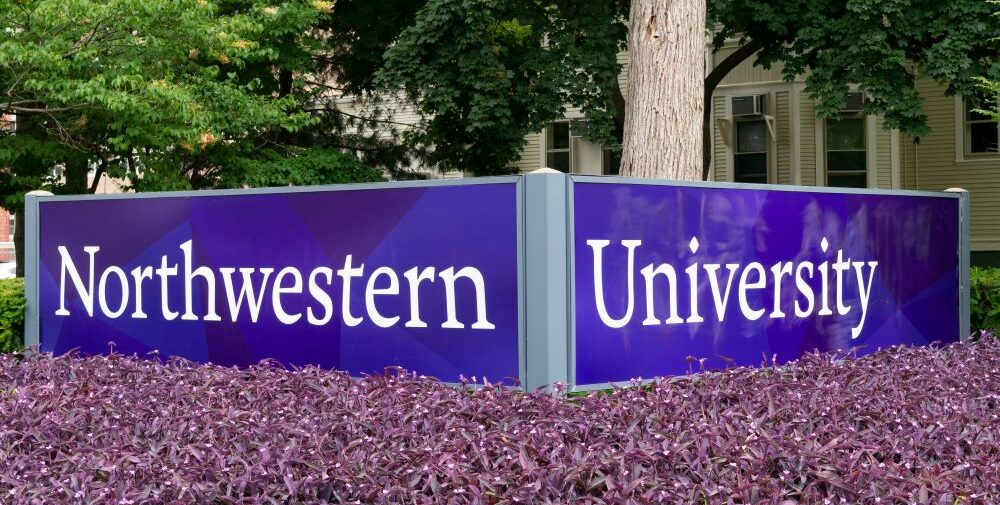Northwestern University has reached settlements for the 34 remaining lawsuits filed by former football players over hazing allegations in the Wildcats’ football program, according to court records.
A Cook County judge finalized the settlements on May 6, reports USA Today, officially closing the lawsuits and approving a settlement fund for the plaintiffs. The details, including financial terms, remain confidential.
Related Article: What the Stop Campus Hazing Act Means for Universities & Legal Liability
The hazing allegations, which included claims of racism, sexual misconduct, and physical abuse, first came to light in late 2022, reports WTTW. This led to a cascade of lawsuits and significant fallout for Northwestern’s athletics program, including the high-profile firing of Pat Fitzgerald, the head football coach who led the Wildcats for 17 seasons.
Fitzgerald was initially suspended in July 2023 after an internal investigation found that while there wasn’t conclusive evidence Fitzgerald was aware of the hazing, there were “significant opportunities” for him and other staff to act. Days later, Northwestern President Michael Schill terminated Fitzgerald, stating that as head coach, Fitzgerald should have known about the misconduct. The fallout also resulted in the firing of head baseball coach Jim Foster amid separate misconduct allegations.
Fitzgerald has strongly denied knowing about any hazing incidents and has since filed a $130 million wrongful termination lawsuit against Northwestern, which is still pending.
Northwestern Hazing Scandal Started with Anonymous Complaint
The hazing scandal began with an anonymous complaint in November 2022, which claimed that abusive rituals, including coerced sexual acts, took place during the team’s training camp in Kenosha, Wisconsin. Following the internal investigation’s findings, players came forward with public accounts of systemic abuse.
The lawsuits initially began in July 2023, with one former Northwestern football player, referred to as “John Doe,” alleging that university leaders, including Fitzgerald, enabled and concealed misconduct. Over time, additional lawsuits involving more athletes from multiple sports surfaced, citing hazing, racial discrimination, sexual abuse, and physical harm.
Related Article: Court Rules Washington State University Owed ‘Duty of Care’ to Student Who Died of Hazing
One particularly notable incident involved a female volleyball player who was reportedly injured to the point of needing medical attention during a 2021 hazing incident. Meanwhile, other lawsuits accused the university of negligence, willful disregard for player safety, and fostering a toxic culture.
University Implements Policy Changes to Address Hazing
The wave of lawsuits exposed systemic issues within Northwestern’s athletics program and raised broader concerns about safety and accountability in college sports. Northwestern responded by implementing new anti-hazing policies, informed by an independent review conducted by former U.S. Attorney General Loretta Lynch.
The policies include stricter oversight mechanisms within athletics and enhanced education programs to prevent such issues from recurring.
Although Northwestern has resolved the bulk of the lawsuits, the legal spotlight on the scandal isn’t over. Fitzgerald’s counter-lawsuit against the university, in which he claims his termination breached his contract, continues.

